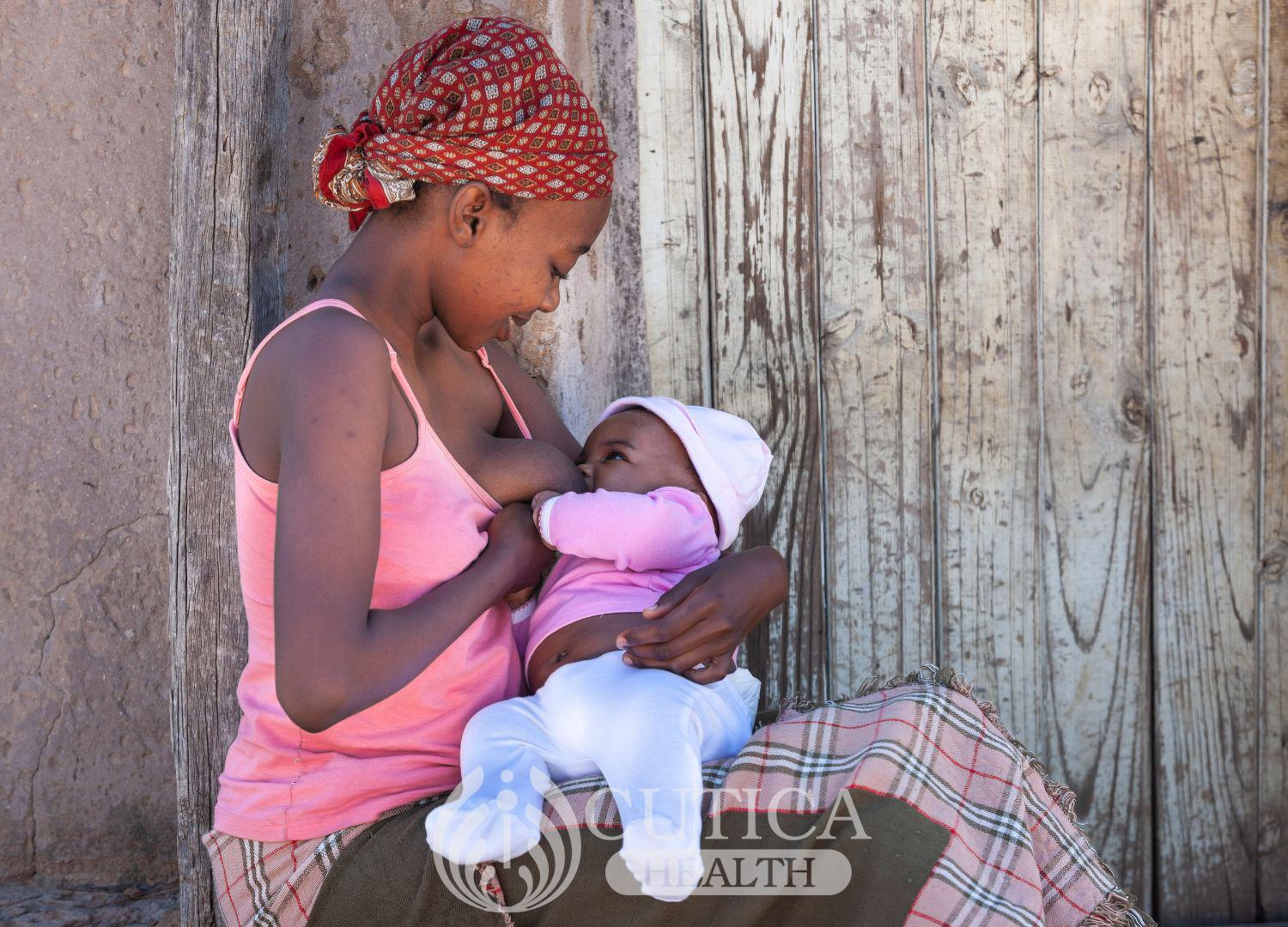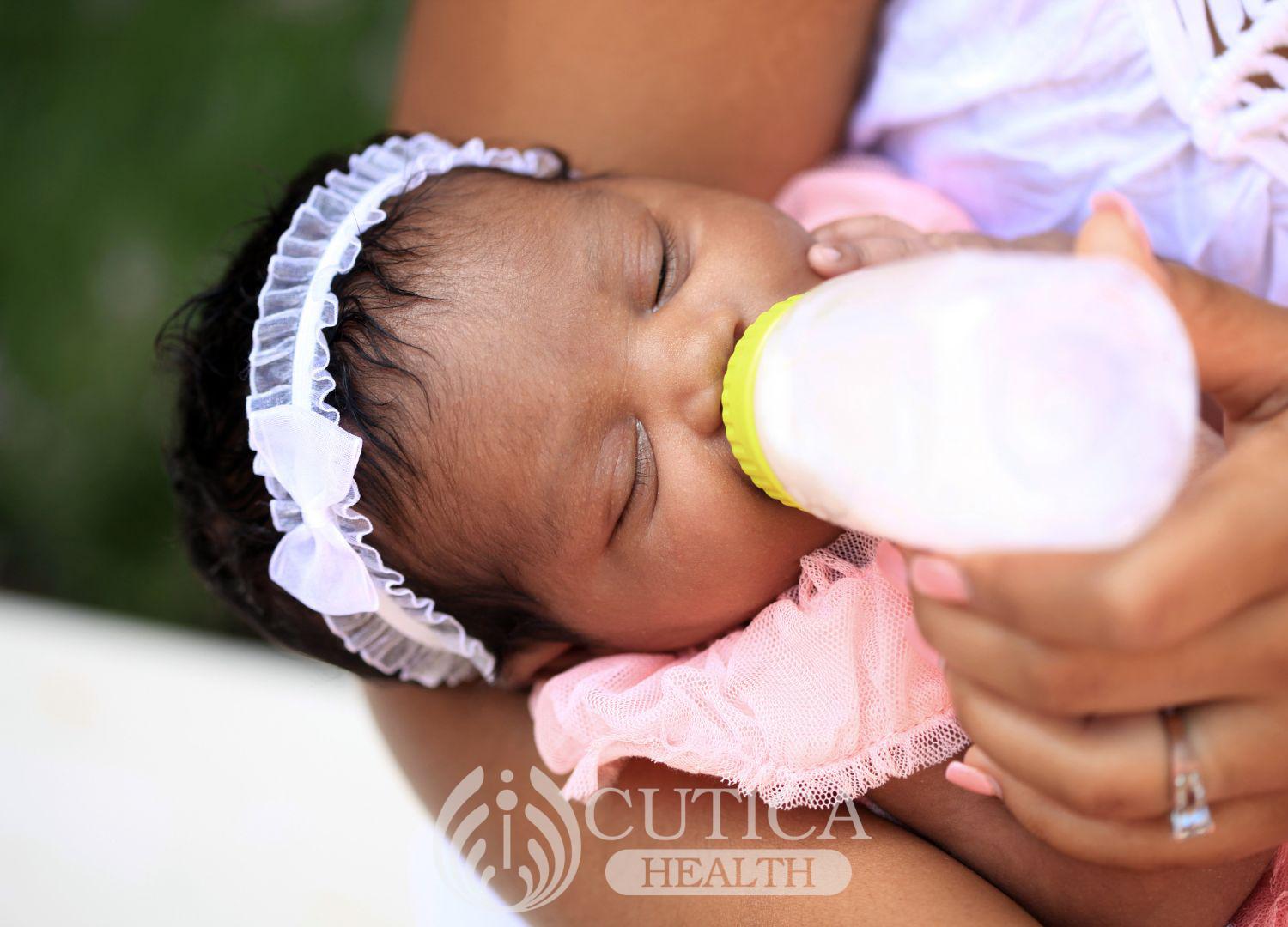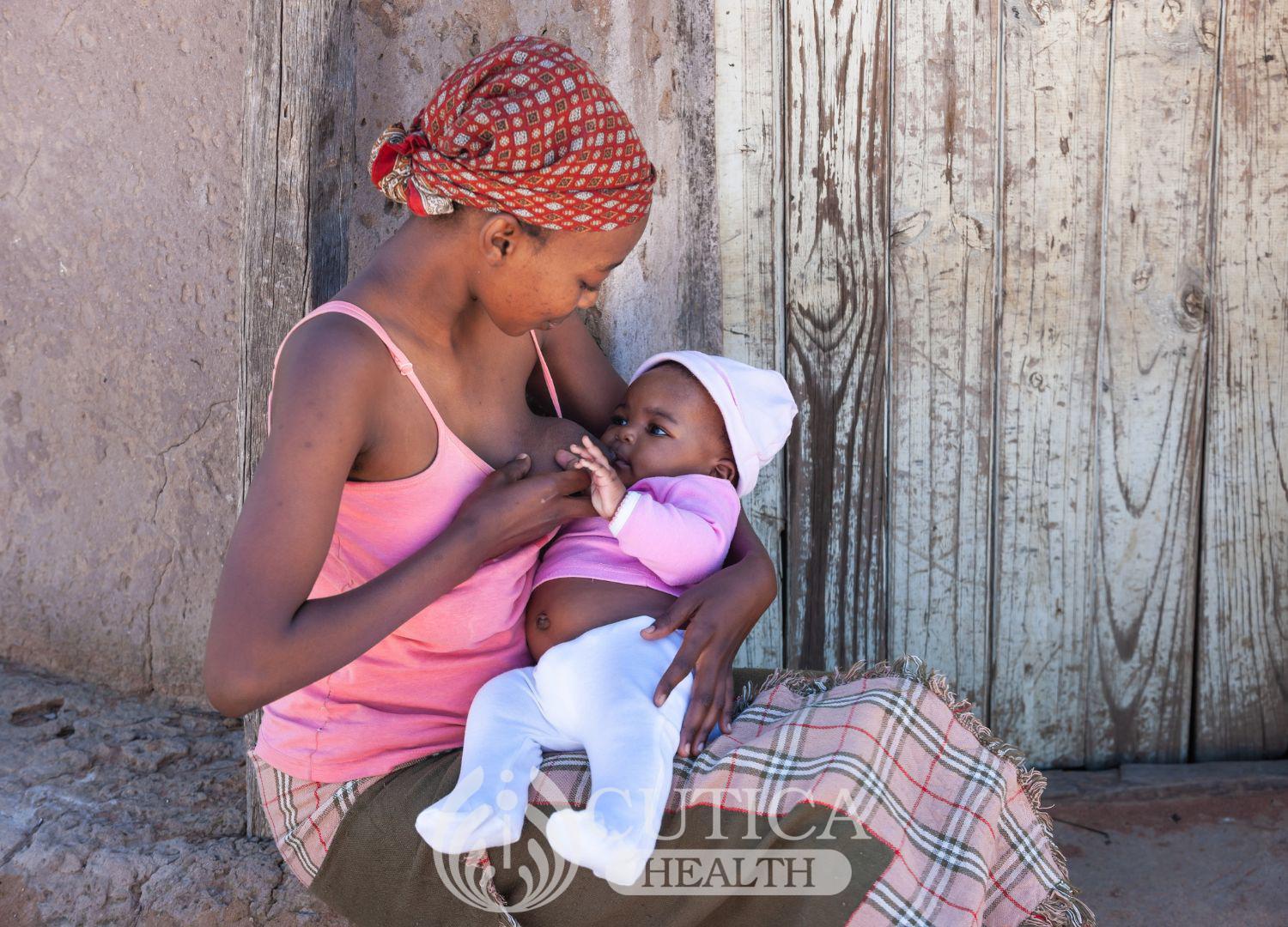
Introduction
Malaria remains a significant global health concern, particularly for pregnant women and their unborn babies. Malaria in pregnancy poses unique risks and challenges, affecting both maternal and fetal health. This article explores the impact of malaria on pregnancy, the associated risks, common symptoms, prevention strategies, and effective treatment options to ensure the well-being of expectant mothers and their infants.
Understanding Malaria in Pregnancy
Malaria, caused by Plasmodium parasites transmitted through the bite of infected mosquitoes, can have devastating consequences when contracted during pregnancy. Pregnant women are more susceptible to malaria infection due to changes in their immune system, making them vulnerable to severe complications. 
Risks Associated with Malaria in Pregnancy
- Maternal Complications: Malaria in pregnancy increases the risk of maternal anemia, which can lead to fatigue, weakness, and complications during childbirth. Severe malaria infection can also result in organ failure and even death.
- Adverse Pregnancy Outcomes: Malaria significantly increases the risk of adverse pregnancy outcomes, including miscarriage, stillbirth, premature birth, and low birth weight. Infants born to mothers with malaria are at higher risk of neonatal mortality and long-term developmental issues.
- Placental Malaria: Malaria parasites can accumulate in the placenta, leading to placental malaria. This condition impairs placental function, reducing nutrient and oxygen supply to the fetus and increasing the risk of complications such as fetal growth restriction.
Symptoms of Malaria in Pregnancy
Recognizing the symptoms of malaria in pregnancy is crucial for prompt diagnosis and treatment. Common symptoms include:
- Fever and chills
- Headaches
- Muscle aches
- Fatigue
- Nausea and vomiting
- Sweating
- Jaundice (yellowing of the skin and eyes)
Prevention Strategies for Malaria in Pregnancy
- Antimalarial Medication: Pregnant women living in or traveling to malaria-endemic areas should take appropriate antimalarial medication as prescribed by healthcare professionals. Medications such as sulfadoxine-pyrimethamine (SP) are recommended for intermittent preventive treatment during pregnancy (IPTp) to prevent malaria infection and its complications.
- Insecticide-Treated Bed Nets (ITNs): Sleeping under insecticide-treated bed nets helps reduce the risk of mosquito bites and malaria transmission during sleep.
- Indoor Residual Spraying (IRS): IRS involves spraying insecticides inside homes to kill mosquitoes and reduce malaria transmission.
- Avoidance of Mosquito Bites: Pregnant women should take measures to avoid mosquito bites, such as wearing long-sleeved clothing, using insect repellents, and staying indoors during peak mosquito activity times.
Treatment of Malaria in Pregnancy
The treatment of malaria in pregnancy requires careful consideration of the gestational age and severity of the infection. Commonly used antimalarial medications include artemisinin-based combination therapies (ACTs), which are considered safe and effective for pregnant women.

Conclusion
Malaria in pregnancy poses significant risks to maternal and fetal health, but with proper prevention strategies and timely treatment, these risks can be mitigated. Pregnant women should take proactive measures to protect themselves from malaria infection, including seeking prenatal care, taking antimalarial medication as prescribed, and practicing mosquito avoidance techniques. By prioritizing maternal health and well-being, we can strive to reduce the burden of malaria on pregnant women and their infants worldwide.












